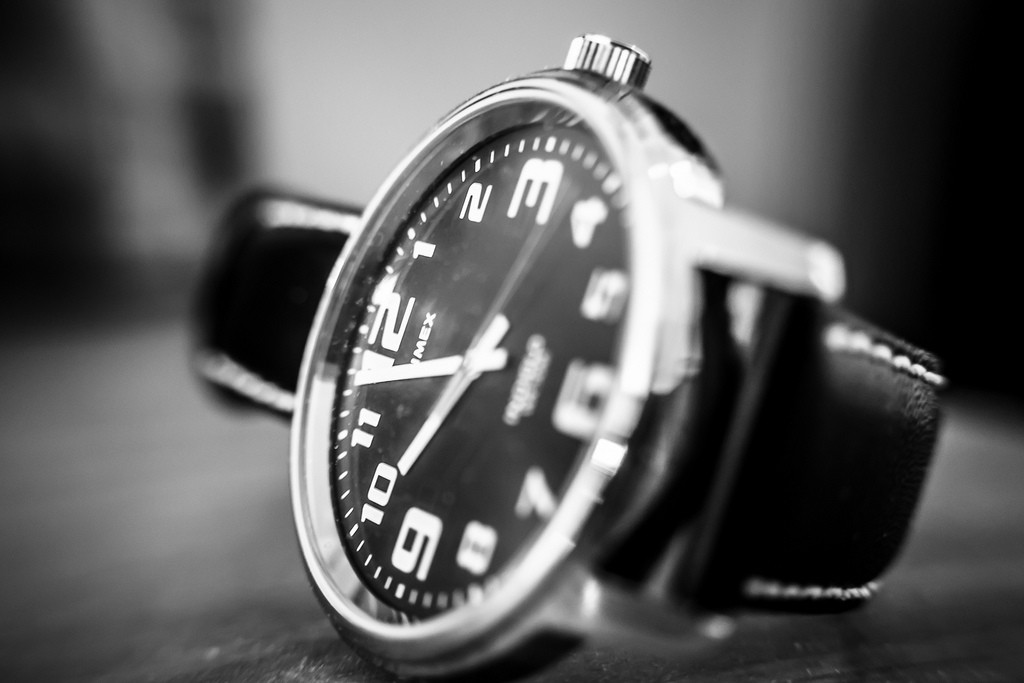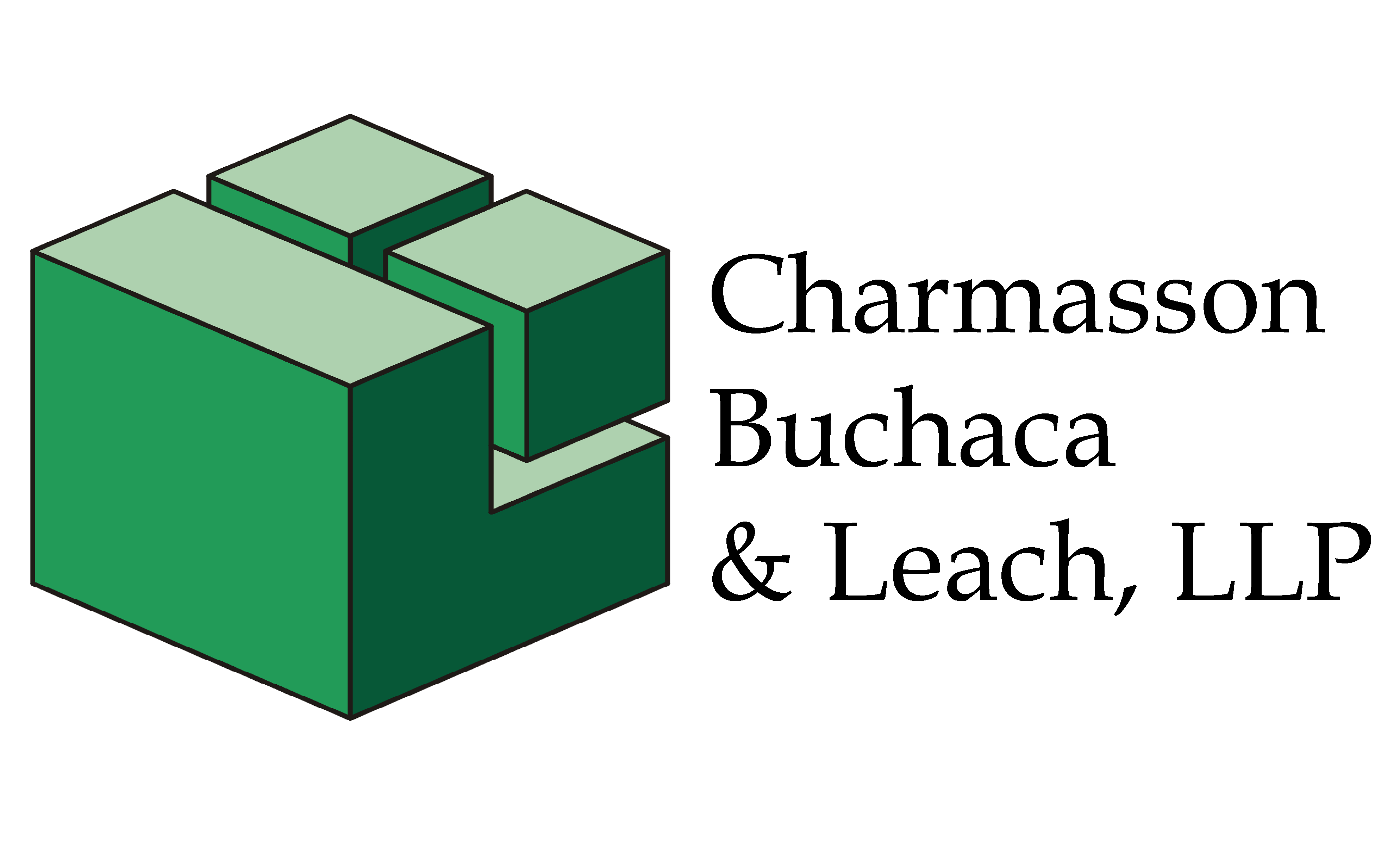
Frequently Asked Questions
Q: How do you help me keep my Intellectual Property costs within budget?
A: Of course, in a perfect IP world you would have unlimited funds to spend on obtaining patents, procuring trademark registrations, verifying your freedom to compete with your competitors. But in the real world budgets are limited and tough choices need to be made. Charmasson, Buchaca & Leach makes every effort and takes special pride in our ability to continually assess your IP situation and recommend protection options at multiple cost levels.
Q: How do I know when I need to get a patent or a trademark registration?
A: The easiest way to remember this one is to try and think about patents whenever your product development results in solving some problem. The solution often involves some innovation which could give your product an advantage over your competitors. The same can be said about your product marketing approach, whether it is a new brand name, distinctive packaging or advertising campaign. These can be protected by trademark design patents and copyright registrations. You should think about protecting the various aspects of your marketing at regular intervals during development.
Q: Does my getting a patent mean I can now sell my product on the open market?
A: Not Necessarily. A patent gives you the right to stop others from making, using or selling the invention. But that doesn't mean a part of the invention isn't already patented by someone else. In other words, your invention could be a new combination of known parts. But any one of those known parts could be covered by someone else's patent.
Q. What is a copyright?
A. Copyright is a protection against the unauthorized copying of an original work of authorship.
Q. What type of works of art can be copyrighted?
A. There is no legal limitation as to the type of original creation which can be protected, from writing to pantomimes.
Q. How is a copyright acquired?
A. Copyright protection is acquired by reducing the original creation to a tangible medium, i.e., by writing it down or recording it. Copyright should be preserved by putting a special notice on each copy of the work which is sold or publicly distributed. The work should also be registered in order to obtain certain procedural advantages.
Q. Can I protect an idea by writing it down on paper and obtaining copyright registration for my writing?
A. No. Copyright protects only the original expression of the idea, not the idea itself.
